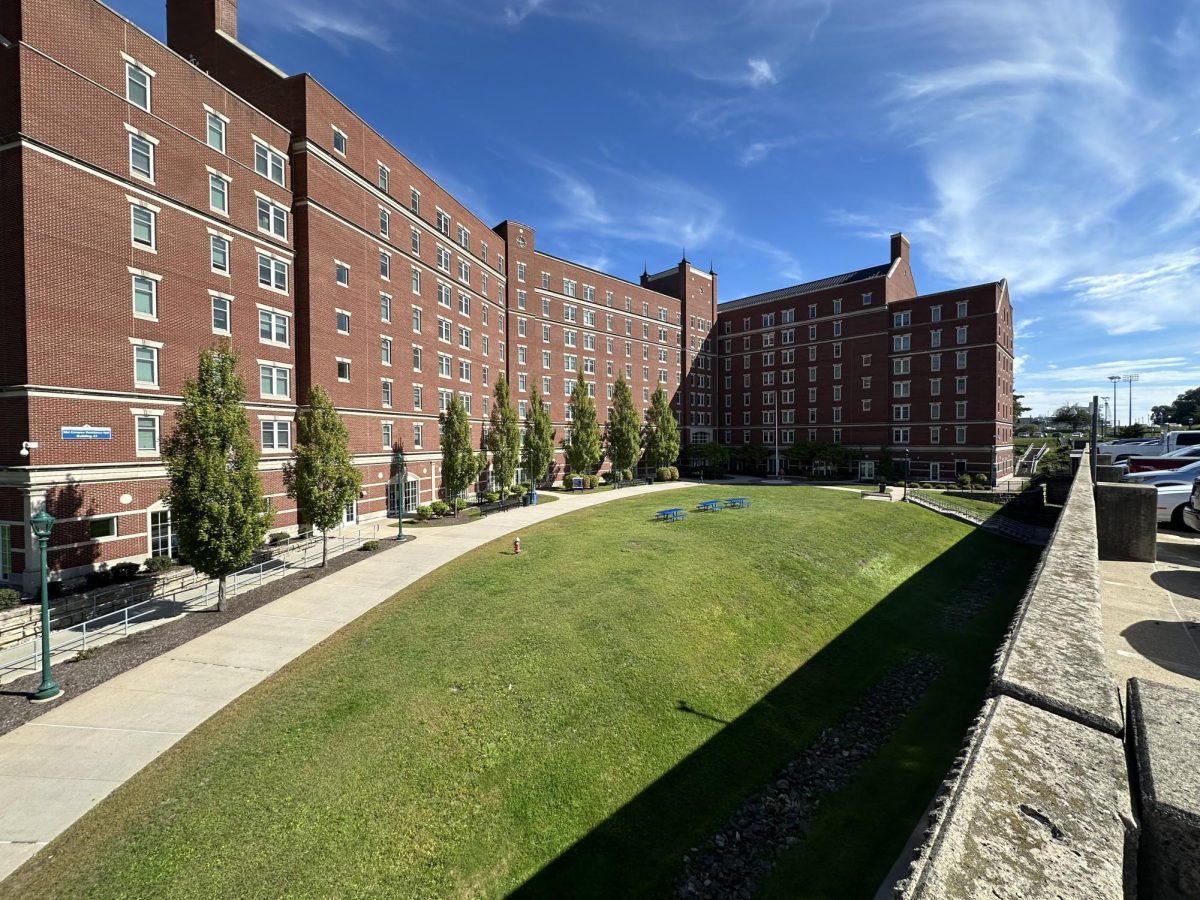By Matt Clyburn
Democrat Dan Malloy and Republican Tom Foley brought unabashed attacks to their first televised debate as candidates for governor of Connecticut last Tuesday.
The candidates traded jabs on a number of state issues throughout the one-hour debate, punctuated by salty accusations and name-calling.
The conviction of Steven Hayes, one of the Cheshire home invasion perpetrators, came just hours before the debate, prompting the candidates to discuss the death penalty policy they would bring to the governor’s office.
Foley, citing his belief that the death penalty protects Connecticut corrections officers, argued that the death penalty needs to remain in place and accused his opponent of supporting a policy that would prevent Hayes from receiving capital punishment if he is so sentenced.
Malloy responded that he did not support the death penalty in most cases but that his plan to remove it would only outlaw future sentences and not affect this case. This exchange was the first of many in which both candidates characterized their opponent as a “liar” and “misrepresenting what is happening.”
A constant theme of the evening, both candidates attacking each other based on their previous jobs, was highlighted when they were asked to respond to critical television ads. Malloy’s commercial accused Foley of receiving a $20 million paycheck while bankrupting and laying off workers at a Georgia mill that he owned. Foley disputed the $20 million dollar figure and the layoff claim, noting also that the bankruptcy occurred under new management two years after selling the company. Foley’s television spot disputed Malloy’s claim that he had added jobs while mayor of Stamford by showing conflicting jobs numbers. Malloy retorted that Foley was misrepresenting the record and asserted that he was a proven political leader.
Malloy attempted to make an issue of Foley’s running mate, Mark Boughton, by discussing the candidate’s prolife position and criticizing Foley’s choice of the Danbury mayor as his running mate. Tension followed when Foley reminded Malloy that Republican primary voters had selected Boughton for the Lieutenant Governor’s position, not Foley himself.
Malloy’s theme for the evening was a promise to reduce staff within the Governor’s span of control by 15 percent in order to close the $3 billion budget deficit. Foley’s plan for closing the deficit was to privatize more government services, align public employee compensation with that of private sector employees, and bring his business experience to government management.
The debate followed the release of a poll by the independent Merriman River Group, showing Foley within just 2.6 percentage points of Malloy. This was the first poll to show such a slim margin for the Stamford Democrat.
The winner of the Nov. 2 election will serve a four year term beginning on Jan. 5, 2011. The governor of Connecticut presides over the state’s executive branch of government and oversees more than 55,000 employees. The governor’s office is responsible for approving the state budget each year and has jurisdictional control over higher education and the CSU system.
MORE COVERAGE: A side-by-side comparison of what Tom Foley and Dan Malloy stand for and Matt Clyburn’s debate analysis.

